MAI QUYEN (According to SCMP)
Papua New Guinea's insistence on a new security pact signals a greater US presence, but it is also a setback for China in the South Pacific .
The US military could bolster facilities in Guam by increasing access to bases in Papua New Guinea.
Under the agreement signed in May, the US will have “unrestricted” access to six key ports and airports in Papua New Guinea, as well as “exclusive use” of several areas for construction and development purposes. Some provisions also open up opportunities for Washington to establish a military presence at a strategically valuable deep-water port, strengthening its military’s defense posture in the “second island chain” in the Pacific , thereby expanding its ability to contain China’s influence in the Western Pacific .
Earlier, Papua New Guinea's opposition criticized Prime Minister James Marape's government for pursuing a deal with the United States that could lead to discord with China. In a reassuring move, the Port Moresby government assured that relations with its No. 2 trading partner would not be damaged. Prime Minister Marape added that Beijing understood that Papua New Guinea prioritized it over Taiwan, and that this served the national interest, not geopolitical concerns or China's interests alone.
The Real Influence of China
For decades, Australia has been the main security partner of the South Pacific island nations, recently joined by the US and China as both compete to expand their political, economic and security influence. Compared to Washington’s initial lack of interest, Beijing has steadily increased its presence in the region in recent years.
But analysts say China’s efforts have so far been limited to exploiting natural resources and investing in basic infrastructure. In particular, experts say that from Papua New Guinea’s statements, Beijing has not made any major progress beyond trade. This is reflected in the fact that former Chinese Foreign Minister Wang Yi missed the target of signing a security cooperation agreement during his eight-nation tour of the region last year.
Stewart Firth, a researcher at the Australian National University, said China may have misunderstood the long-standing tradition of cooperation among the South Pacific island nations. Even though they are the world’s smallest countries, the region wants to show that they can stand up to the superpowers. That’s why it would be difficult for China to use its influence to change their views, said Henry Ivarature, deputy director of Australia’s Pacific Security College.
This reality is reflected in Beijing’s failure to gain consensus from the 10 South Pacific island nations on a “common development vision,” which includes security proposals. In contrast, many regional countries that are allied with the United States and Taiwan have stepped up joint action to address challenges related to Beijing, such as illegal fishing by mainland fishermen. Recently, many South Pacific countries have also expressed unwelcome attitudes toward the presence of Chinese vessels. For example, Palau, an island nation, has sought the United States’ help to prevent “undesirable activities” by Chinese vessels around its coast.
Source link


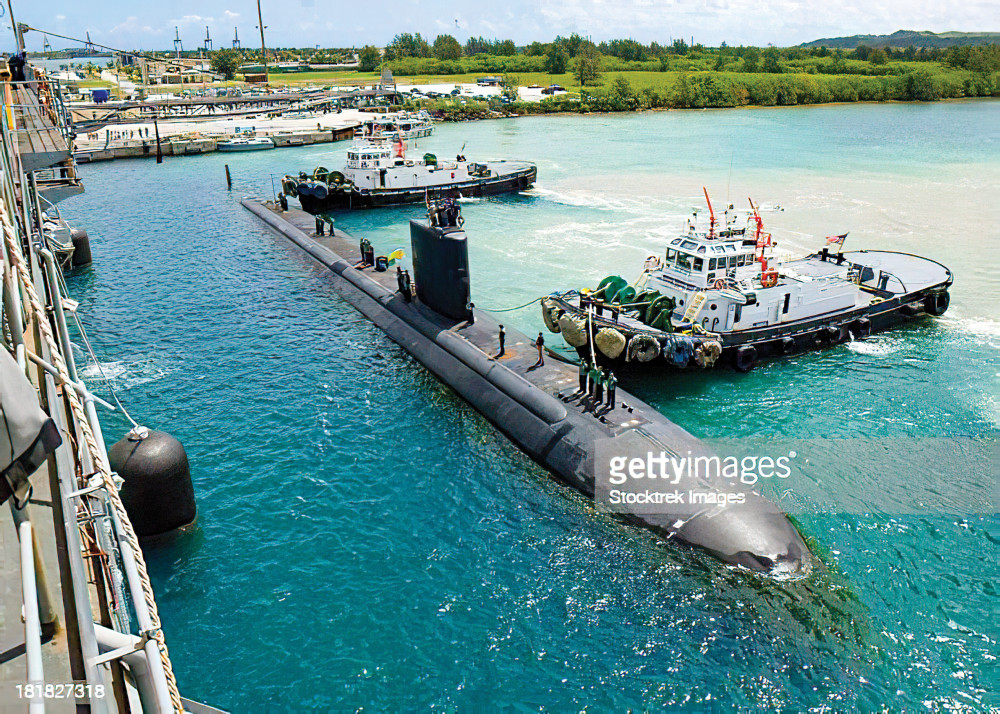



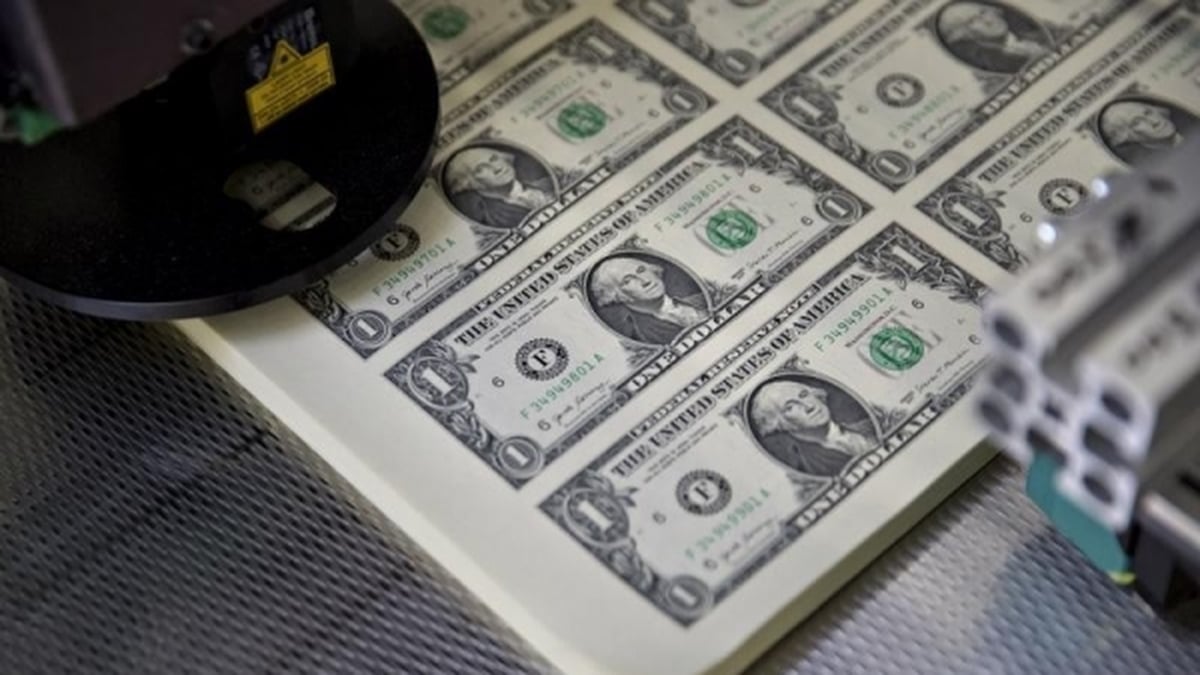


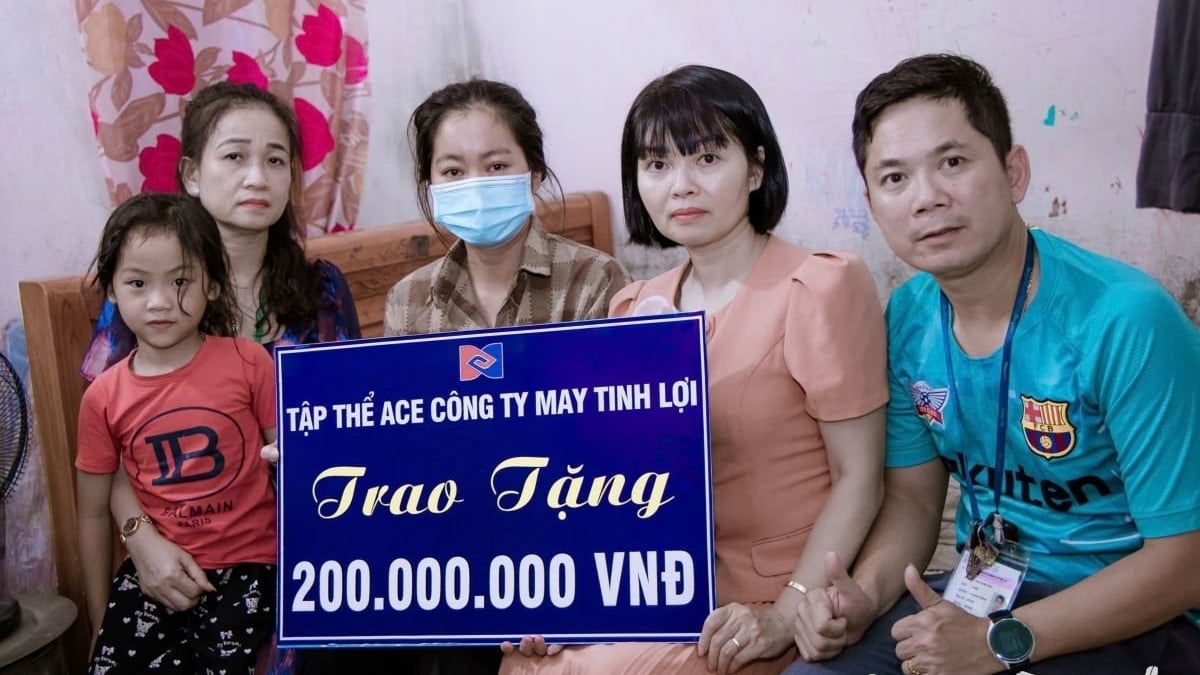


































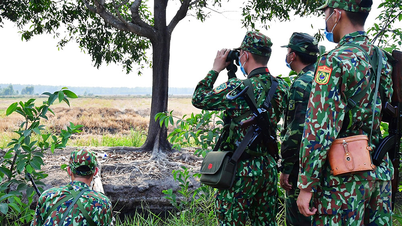












![[Maritime News] Container shipping faces overcapacity that will last until 2028](https://vphoto.vietnam.vn/thumb/402x226/vietnam/resource/IMAGE/2025/7/30/6d35cbc6b0f643fd97f8aa2e9bc87aea)





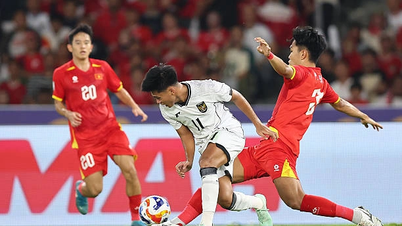


































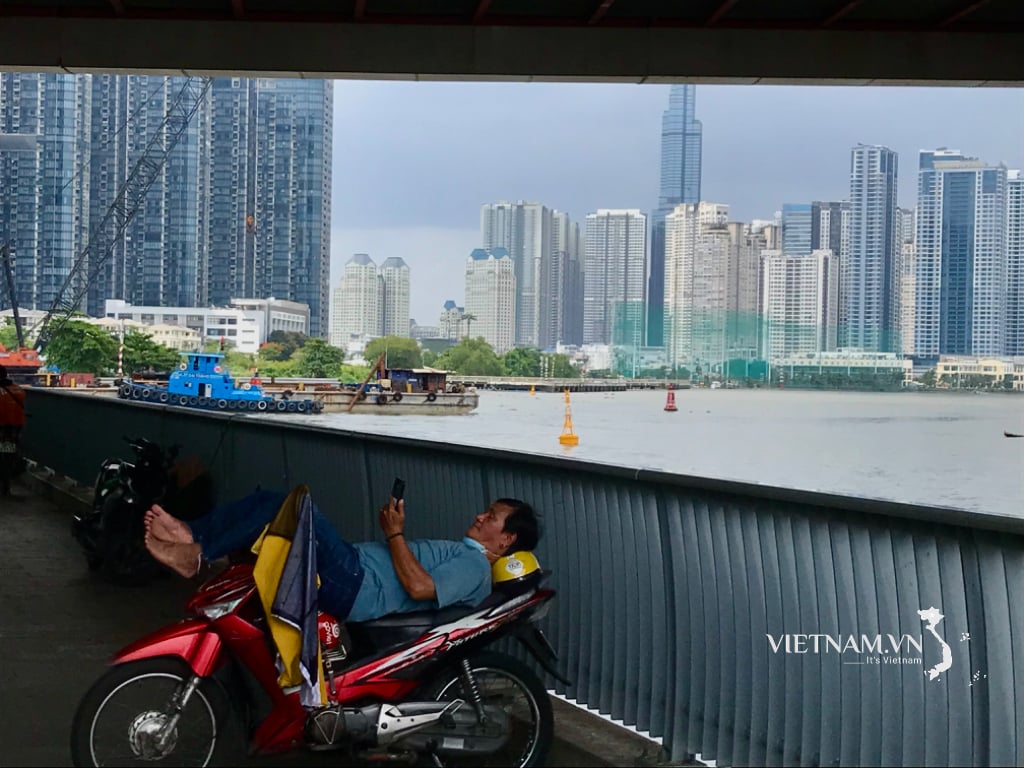
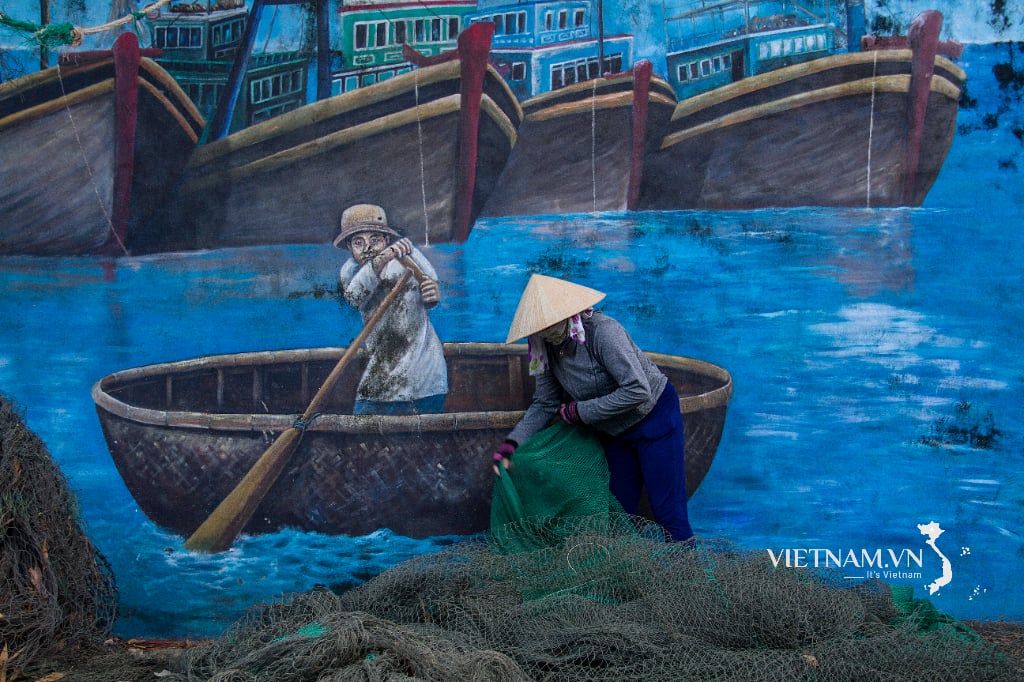
Comment (0)